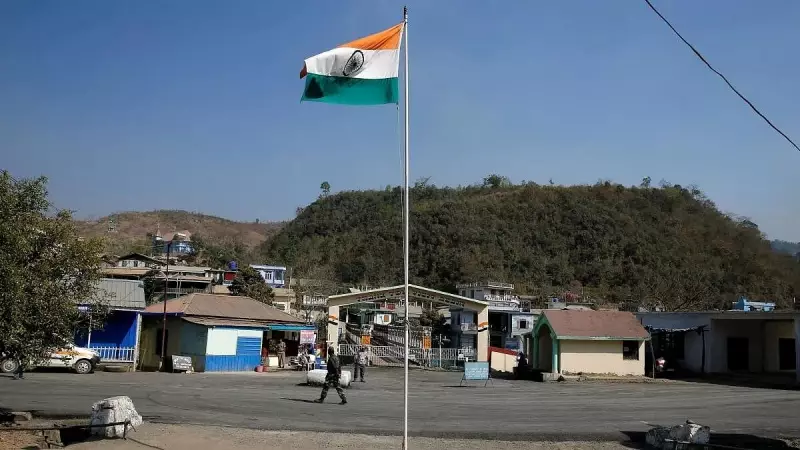
In a significant humanitarian operation, the Indian government has successfully repatriated 270 of its citizens who managed to escape from notorious cyber scam compounds in Myanmar and sought refuge in Thailand. This dramatic rescue highlights the escalating crisis of forced criminal activities in Southeast Asia that has ensnared thousands of foreign nationals.
The Great Escape from Myanmar's Digital Prisons
The rescued individuals had been trapped in scam centres located in Myanmar's border regions, where they were reportedly forced to participate in large-scale cyber fraud operations. These facilities, often described as "digital prisons," have become increasingly notorious for holding foreign workers against their will and coercing them into criminal activities.
According to officials familiar with the operation, the victims escaped their captors in Myanmar and made their way across the border into Thailand, where they sought assistance from Indian diplomatic missions. Their journey to freedom represents one of the largest group escapes from these criminal enterprises to date.
Coordinated International Rescue Effort
The repatriation operation required careful coordination between Indian authorities and Thai officials. The Ministry of External Affairs worked tirelessly to verify the identities of the escaped individuals and arrange for their safe return to Indian soil.
"This successful operation demonstrates India's commitment to protecting its citizens abroad, no matter the circumstances," stated an official involved in the mission. "We moved quickly to ensure these individuals could return home safely and begin rebuilding their lives."
Growing Crisis in Southeast Asia
The rescue sheds light on a disturbing trend across Southeast Asia, where criminal syndicates have established sophisticated operations forcing foreign workers into running online scams. Victims are often lured with promises of legitimate employment, only to have their passports confiscated and find themselves trapped in compounds with limited freedom of movement.
These scam centres typically target individuals through social media and employment portals, offering attractive jobs in IT, customer service, or hospitality sectors. Once victims arrive, they discover the true nature of their employment and face difficult conditions with little means of escape.
Aftercare and Rehabilitation
Authorities have indicated that the repatriated individuals will receive appropriate support and counseling to help them recover from their traumatic experiences. Many have endured psychological pressure and difficult living conditions during their captivity.
The Indian government has been increasingly active in addressing this crisis, working with regional partners to dismantle these criminal networks and prevent more citizens from falling victim to such schemes. This latest rescue operation represents a significant step in these ongoing efforts.
As the repatriated citizens reunite with their families, this operation serves as both a warning about the dangers of overseas employment scams and a testament to the importance of international cooperation in combating human trafficking and forced criminality.






